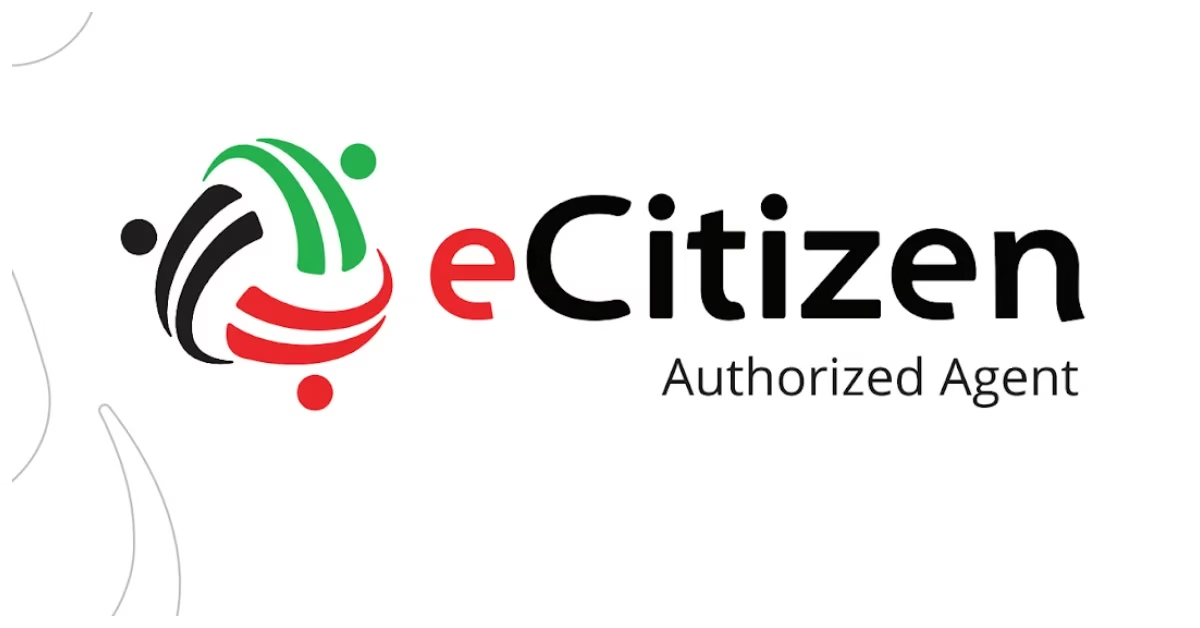Introduction
On April 1, 2025, the High Court of Kenya ruled that the government’s directive requiring parents to pay school fees exclusively through the eCitizen platform is unconstitutional. This decision underscores the importance of public participation and legal transparency in policy implementation.

Background
In January 2024, the Ministry of Education mandated that all school fees be paid through the eCitizen platform, introducing an additional Sh. 50 convenience fee per transaction. The directive aimed to streamline payments and reduce corruption but faced criticism for its abrupt implementation and lack of stakeholder engagement.
Court’s Findings

Justice Chacha Mwita, presiding over the case, highlighted several issues:
- Lack of Legal Framework: The directive was implemented without a supporting legal structure, making it unconstitutional.
- Absence of Public Participation: Stakeholders, including parents and educators, were not consulted, violating constitutional principles.
- Transparency Concerns: The court questioned the clarity regarding who collects the fees and how the funds are managed.
- Double Taxation: The Sh. 50 convenience fee was deemed an unlawful additional charge, burdening parents already paying school fees.
Implications
The ruling prohibits the government from enforcing the directive, emphasizing the need for policies that are legally sound and inclusive. It also sets a precedent for scrutinizing government initiatives that lack transparency and public involvement.
Conclusion
This judgment reinforces the judiciary’s role in upholding constitutional values and protecting citizens from arbitrary governmental actions.
















Leave a Reply